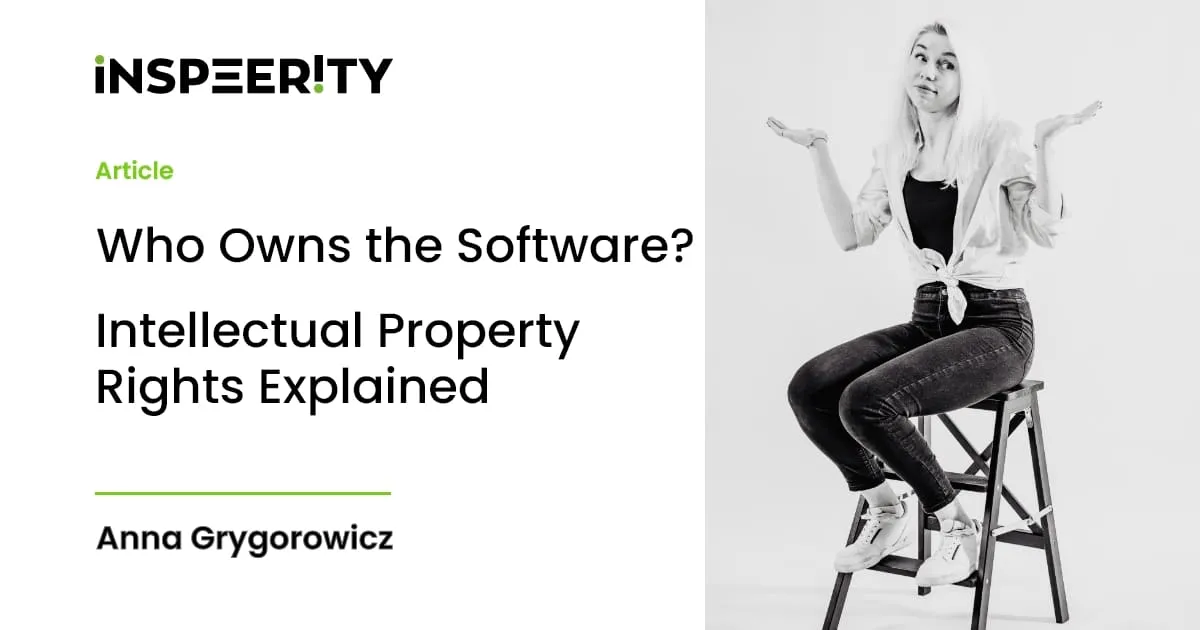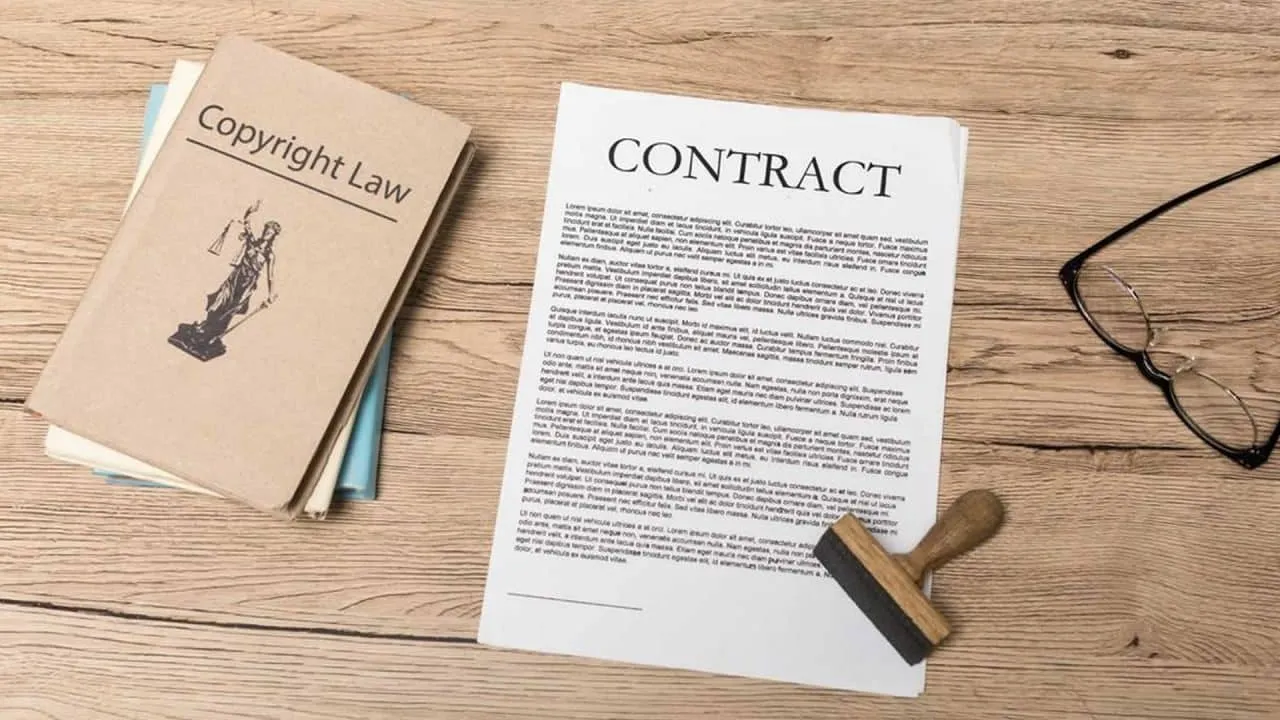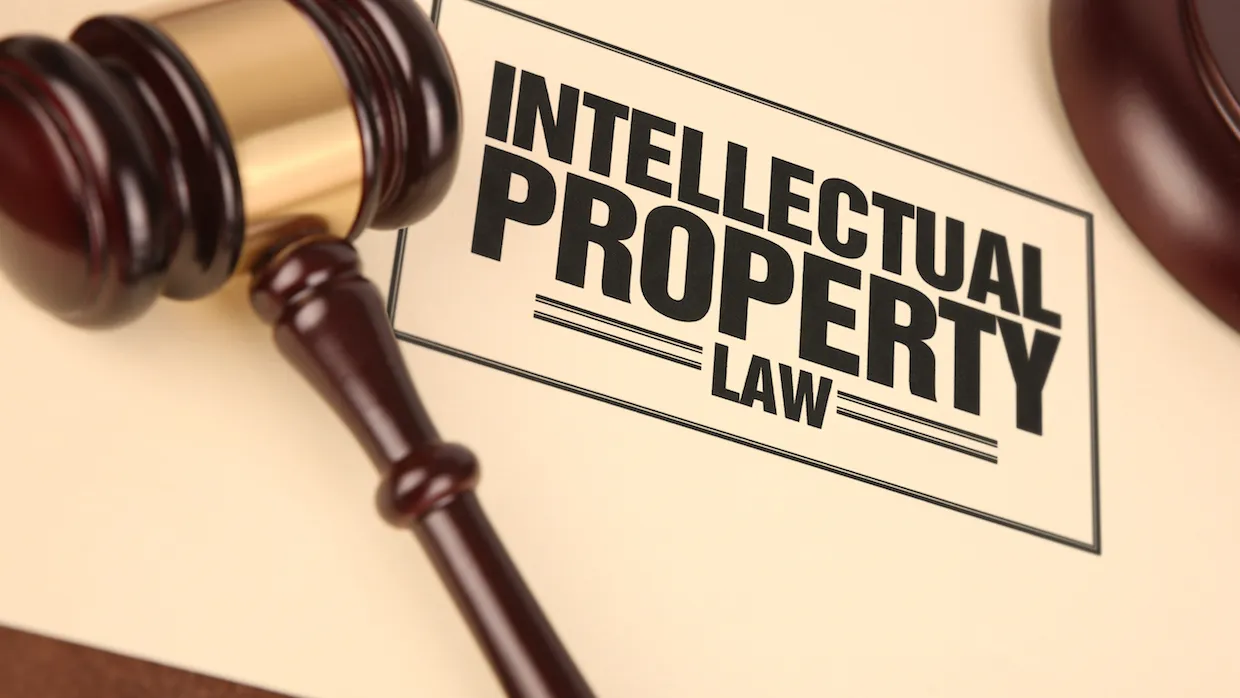When diving into the world of freelancing, especially on platforms like Fiverr, understanding intellectual property (IP) is crucial. IP encompasses the creations of the mind, including inventions, literary and artistic works, designs, symbols, names, and images. It ensures that creators can protect their unique ideas and innovations from unauthorized use by others. On Fiverr, where freelancers offer various services and creative outputs, the question of who owns the IP becomes particularly important. It's not just about selling a gig; it's about ensuring that your rights as a creator are upheld and respected.
The Importance of IP Rights for Freelancers and Clients

The landscape of freelancing is as dynamic as it is lucrative, but with great opportunities come significant responsibilities—particularly regarding intellectual property rights. Let's break down why IP rights matter for both freelancers and clients.
For Freelancers
- Protection of Creative Work: Without IP rights, freelancers risk having their work copied or misused without their permission. This protection allows them to maintain control over their creative outputs.
- Monetization Opportunities: Ownership of IP enables freelancers to monetize their creations fully. They can license their work, create derivative works, or pursue legal action if their rights are infringed upon.
- Reputation Management: Maintaining ownership over IP helps freelancers protect their brand and reputation. It ensures that only their quality of work is associated with their name.
For Clients
- Clear Usage Rights: Clients benefit from understanding what rights they are purchasing when hiring a freelancer. Knowing whether they own the IP or are granted certain usage rights helps avoid potential legal disputes.
- Quality Assurance: When clients respect freelancers' IP rights, it fosters an environment of trust and collaboration. This assurance often leads to higher-quality deliverables.
- Long-term Relationships: A solid understanding of IP rights encourages long-term relationships between clients and freelancers. It sets a foundation of respect and professionalism, leading to future collaborations.
In essence, navigating IP rights on Fiverr isn't just a legal formality; it’s about ensuring creativity and professionalism thrive. Understanding the nuances can empower both freelancers and clients, leading to a more respectful and productive working relationship.
Also Read This: How to Get Customers on Fiverr
Fiverr's IP Ownership Policy Explained

When you dive into Fiverr, one of the first things you might notice is the intricate relationships built around intellectual property (IP) rights. Understanding who owns what is crucial, especially if you’re a freelancer or a business looking for creative solutions. So, let's break it down!
Fiverr's IP Ownership Policy essentially outlines that the creator—be it a freelancer or a seller—retains rights over the intellectual property they produce, provided they have the legal authority to do so. This means if you hire someone on Fiverr to design a logo, you’ll typically own the rights to that logo, but there’s a catch: the seller must transfer those rights to you once payment is made.
Here’s a quick overview of the IP ownership process on Fiverr:
- Ownership Transfer: Upon completion of an order and payment, freelancers are often required to transfer the full ownership of the deliverables to the buyer.
- Exclusivity and License: Sellers can state if they are providing exclusive or non-exclusive rights, so it's important to clarify this upfront.
- Third-Party Content: Freelancers need to ensure that any content they use in their projects does not infringe on someone else’s IP rights. That includes stock images, fonts, or software.
So, if you're considering a project on Fiverr, make sure your contract contains clear language about IP ownership. It’s all about ensuring you have the rights you need to use, modify, or sell what you’ve paid for!
Also Read This: How to Avoid Scams on Fiverr
How Fiverr Protects the IP of Its Users

As a marketplace, Fiverr takes intellectual property rights very seriously. They understand how important it is for creators and businesses to feel secure that their IP isn’t being misused or illegally claimed. So, how exactly does Fiverr step in to safeguard its users’ IP?
First and foremost, Fiverr has robust policies in place to handle IP violations. Here’s what they do:
- Reporting Violations: Fiverr provides a straightforward process for users to report any suspected IP infringement. If you believe someone is using your work without permission, you can file a complaint directly through their system.
- Compliance with DMCA: Fiverr adheres to the Digital Millennium Copyright Act (DMCA), ensuring that they take appropriate action against any confirmed violations. This means they could remove listings or even suspend accounts found guilty of infringement.
- Educational Resources: They provide educational materials to help users understand IP rights better. Knowing how to protect your work is half the battle!
Additionally, Fiverr encourages transparency between users. Sellers are prompted to disclose if a particular project involves third-party content or copyrighted material. This mutual understanding helps create a safer environment for everyone involved.
All in all, Fiverr’s commitment to protecting IP not only helps maintain trust among users but also promotes a thriving community of artists, designers, and entrepreneurs. So, as you navigate your Fiverr journey, rest assured that your creative rights are in good hands!
Also Read This: How to Start as a Freelance Music Producer
Case Studies: Real-life Scenarios of IP Ownership on Fiverr

Understanding intellectual property (IP) rights on Fiverr can be perplexing, especially when looking at real-life scenarios. Let’s delve into a few case studies that illustrate the complexities of IP ownership on this platform.
Case Study 1: A Custom Logo Design
Imagine a graphic designer who creates a unique logo for a startup on Fiverr. Upon completion, the designer sends the logo files to the client, who begins using them immediately. However, the designer later turns around and starts selling variations of that logo to other clients. This could lead to a conflict, as the startup believes they own the logo outright, while the designer may argue they retain some rights to the original artwork.
Case Study 2: Writing Copy for a Website
In another instance, a client hires a copywriter on Fiverr for a website's content. The copywriter delivers the text, but later, they decide to repurpose some of that content for another client. The original client finds the same phrases in a competitor's website, leading to frustration. Here, the question of who truly owns that written content becomes a central issue.
Key Takeaways:
- Explicitly define ownership rights in the contract.
- Communicate with your Fiverr seller to clarify expectations.
- Document everything to avoid misunderstandings.
These scenarios illustrate the importance of understanding IP rights on Fiverr. Clear communication and agreements can help avoid legal disputes down the line.
Also Read This: How Fiverr Stole My Money: The John Wick Guy Experience
Best Practices for Safeguarding Your IP on Fiverr
Now that we've examined some real-life scenarios, let’s discuss the best practices for safeguarding your intellectual property when using Fiverr. Following these tips can help ensure that your creations remain yours.
1. Draft a Clear Contract
Always have a contract that outlines the scope of work and IP ownership. Specify whether the seller retains any rights and what you can do with the final product. A simple agreement can save you from potential issues later.
2. Use Fiverr’s IP Protection Resources
Fiverr offers resources and tools aimed at protecting your IP. Familiarize yourself with their policies on ownership and disputes. Understanding these guidelines can help you navigate any challenges.
3. Document Everything
Keep a record of communications, drafts, and finalized works. Documentation serves as proof of ownership and can be useful in legal settings if disputes arise.
4. Watermark Your Ideas
Before sharing designs or concepts, use watermarks on your files to establish ownership. This signals to sellers that your work is protected until the agreement is finalized.
5. Consult an IP Lawyer
If you're dealing with complex IP issues or significant assets, having an intellectual property lawyer can be invaluable. They can help you understand and navigate legalities for better protection.
By incorporating these best practices, you can significantly reduce the risk of IP theft and ensure that your rights are safeguarded while using Fiverr.
Who Owns the IP on Fiverr? Understanding Intellectual Property Rights
In the ever-evolving world of freelance services, platforms like Fiverr have revolutionized how services are bought and sold. However, as service providers and buyers engage in transactions, a crucial question arises: Who owns the intellectual property (IP) created during these exchanges? Understanding IP rights on Fiverr is essential for both freelancers and clients.
Intellectual Property Types: IP can broadly be categorized into various types which may include:
- Copyright: Protects the expression of ideas, such as writings, designs, and music.
- Trademarks: Protects symbols, names, and slogans used to identify goods or services.
- Patents: Protects inventions and functional aspects of products.
When it comes to Fiverr, the ownership of IP is primarily determined by the agreements established between sellers (freelancers) and buyers (clients). Here are some key points regarding IP ownership on the platform:
| Aspect | Details |
|---|---|
| Creator Rights | Freelancers maintain rights to their creations unless they explicitly transfer those rights. |
| Buyer Rights | Buyers gain certain rights to use the work based on the terms of the contract. |
| Fiverr’s Role | Fiverr acts as a facilitator but does not claim ownership of the IP created on its platform. |
Freelancers should clearly outline ownership terms in their service descriptions, and buyers should ensure they understand what rights they are acquiring through their purchases.
Conclusion: Navigating IP Ownership on Fiverr requires careful consideration from both freelancers and clients. By understanding the intricacies of intellectual property rights and effectively communicating expectations, users can protect their creative outputs and ensure fair use within digital transactions.



